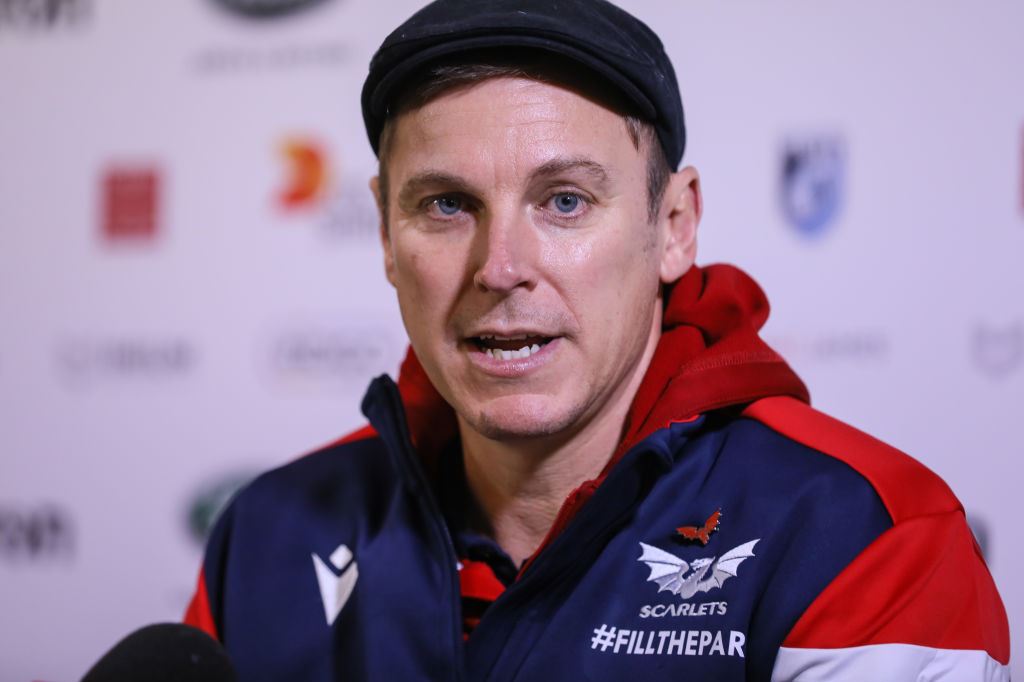
Scarlets head coach Brad Mooar flies back to take up a coaching role with New Zealand this week after a brief stint in Wales. He tells NEALE HARVEY what he makes of his year in regional rugby and his hopes for the future.
How do you feel about heading home to New Zealand?
It’ll be really exciting to get back there because it sounds like society is getting back into action again. Businesses are up and running and Super Rugby Aotearoa is ready to kick-off on June 13 with all five of our teams keen to get going, so there’ll be a lot of good footy to watch and I’m sure it will be very well received worldwide.
How do you reflect on your year at the Scarlets?
It’s been a wonderful time and I’ve been really grateful for the opportunity to sit in the Scarlets hot seat. My family have been welcomed superbly by the people of West Wales and the Scarlets’ playing staff and fans have been outstanding. They’re great people in a really heartfelt rugby community so I’ll leave with some great memories.
When the All Blacks came calling, was it an easy decision to leave?
It’s never easy, it’s just the timing of it and I don’t control that. It’s been like two buses coming along at the same time so I was hugely grateful and humbled by that and it was a case of working through the pros and cons – and there weren’t any cons in either column, other than taking the other option.
Ultimately, it kept coming back to the All Blacks and working with Ian Foster, a man I’ve respected and admired as a coach and a person for many years, so that was the deciding factor.
But in terms of the Scarlets’ season, the club’s been superb and the boys have been outstanding and bought in massively to what we were doing, along with the staff. They’ve been willing to put in the work and wanted to kick-on from the previous coaching group led by Wayne Pivac, so I can’t complain with their effort at all.
They’re in strong contention in two competitions, they’ve been a lovely group of guys to work with and it’s exciting times ahead. Everything’s set to kick-on again now under Glenn Delaney.
What’s Glenn inheriting in terms of a squad and set-up?
It’s a really strong squad and we’ve looked to strengthen different areas of that to achieve a more consistent performance as we build our youth.
Young guys like Ryan Conbeer have been coming through and we’ve obviously got a lot of top-quality Test players who carry a big weight in playing for Wales and other countries.
The great thing with Glenn now is continuity because that’s critical in carrying through what we’ve set up this year. A few players are leaving but he’s totally aligned with what we’ve been doing and there’s been a lot of open discussion with the coaches around succession planning and the academy.
When the UK gets through the pandemic situation, I’m confident Scarlets will be in a good place to keep building.
Regional rugby in Wales has not always been a happy place, what have you made of it?
It looks to me like there’s good signs of working more closely together and people seeing an alignment of approach and vision between the Welsh Rugby Union, the regions and the players.
I can see now that players are getting a stronger voice in terms of having a seat at the table and being part of the conversation around the way the game’s heading. That’s critical and the more we can treat the game as a partnership, the better it will be for everyone. There are different interests for sure, but if all of us – the Scarlets, Ospreys, Dragons, Blues and WRU – are seeking to take the Welsh game forward as a joint vision, I think we’ve got more chance of being successful. The Welsh people are hugely passionate about their rugby and you see that in the derbies, which have been outstanding, and it’s great to see Welsh coaches like Dai Flanagan here at the Scarlets making their mark.
Is there now a genuine alignment between the WRU, the regions and the national team?
I believe so and the more open the communication is, the more it’s going to improve Welsh rugby. The squads are strong and getting stronger, the coaching groups are strong and the WRU are working harder to get that alignment and agreed ways forward.
Part of that is seeing the players’ voice being more recognised and there are some really positive signs around that because it means you’re all part of the same partnership and desire to make our teams more competitive.
All the directors of rugby and coaching staffs are talking to each other now and while there’s fierce rivalry and you still want to beat each other, it’s critical that there’s alignment to have a strong national team. Ultimately, it must come down to what’s right for the biggest asset – and the biggest asset is the players – so how do you get clarity between the regions and the national union to get a really strong buy-in from the players and staff involved? It doesn’t mean you don’t want to try and compete against each other and we’re not sharing lineout moves or tactics, but there are lots of gains to be made from sharing ideas around player welfare, laws, travel and all kind of things that will work for the good of the game.
We all face similar challenges, especially at the current time, so it makes perfect sense for the regions to work together for the benefit of the national team. Even if we disagree on things, at least the discussions are being had and you can make commitments based on what’s best for the Welsh game as a whole because the obligation is then on everybody to add to that and deliver.
One thing that bugs people about the PRO14 is how little fans see of their top Test players in regular league action. How can that issue be solved to make the competition stronger?
The best chance we’ve got of helping to solve it is now, by coming up with a global calendar that separates the international and club windows and gives you a better chance of getting your top players involved. Having said that, these guys are trying to perform to the very best of their ability and you can’t play them every single week. You can’t race a horse in 30 Group One races and expect it to win every time – not even Frankel could do that – and it’s exactly the same with rugby players.
You’ve got to understand that these guys aren’t machines, they need breaks and the more you can open dialogue to reflect that in the northern and southern hemisphere seasons, the more chance you’ve got of getting on the right track to solve those problems. The question is, how many top-class games has a player got in him in a season? And then what does that look like after three or four seasons? Is the load too much in a short-term period? I would say that one of the knock-ons of the COVID-19 situation is a lot of guys will get a genuine break now that they wouldn’t have had in normal circumstances, which in some cases might add two or three years to their career.
Given deep vested interests in both hemispheres, do you seriously believe a truly global alignment can happen?
It’s hugely logical and I’m pleased there are some conversations around it. No one would choose to have a pandemic going on but what it does do is put everyone in the same boat right around the world. No one’s playing so it frees up to time to talk strategically and finally have that chance to sort out a global season, with a north-south alignment of some sort to help make sure the game is really strong world-wide.
Having those discussions is super important right now because while we’re all rivals, you need a strong Australia, need a strong Wales and need strong countries right around the globe from the Pacific Islands to the Americas and across Europe.
Strength builds strength and if we all keep getting stronger and treat each other with respect and understand the different positions while trying to work to what’s best for the game worldwide, we’ll get a stronger product. Players, clubs, businesses and broadcasters all have a big part to play so we need to get all those things aligned and we need to talk about potential revenue shares and how all that will work – you give a bit and take a bit until you work out what’s right.
It’s complicated, I know, but if it’s not going to happen in this window and people aren’t prepared to think strategically without the pressures of week-to-week games, then I struggle to see how it will ever happen. If these conversations don’t happen and people aren’t prepared to work for the common good, then an opportunity will have been missed.
With your New Zealand attack coach’s hat on now, what did you learn from the World Cup and the All Blacks’ failure to make it three from three?
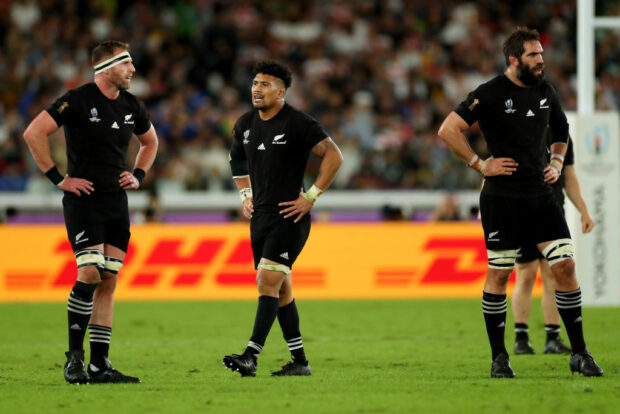
I thought we saw sides implementing different kicking games and what we also saw was the emotional recovery that the teams required after some pretty intense matches. To get up every week is now becoming one of the biggest things in the game because we saw the All Blacks really focussed and dominant against Ireland but they just couldn’t get back up to that level against a really strong England side the following week.
In turn, England couldn’t get back up against South Africa in the final, so I thought that was fascinating and there are some real lessons to be taken from that in terms of emotional recovery in massive games a week apart. You look back at previous competitions and there are other examples of that as well.
Also, through being in the UK I’ve gained a good appreciation now of how teams from different countries approach the game and that’s been hugely beneficial. At one point, Scarlets played teams from Italy, Wales, France, Ireland and England in successive weeks, so that’s been valuable for me when you look at things in a world context.
You’ll be confident New Zealand can bounce back from their disappointment in Japan, but is the playing depth there?
New Zealand continues to bring people through really well and that creates good depth, which you’ll hopefully see when matches resume in the next fortnight. There’s some really exciting talent to work with and those players will continue to grow, which in turn will help me grow as a coach.
There’s a real open mind between Ian Foster and the other coaches to look at how we’re playing the game and what will suit us moving forward now. I’m hugely excited about that and having worked at the Crusaders for a number of years, it’ll be nice to pick up those relationships again and build a deeper understanding with other guys on the coaching team like John Plumtree, Greg Feek and Scott McLeod. Instead of quick conversations post-match, it’ll be good to work closely with those guys and we’ve already started that process.
We’ll see a good run of New Zealand derby games now, leading into what we hope will be some tasty internationals at the end of the year.
There was some uncertainty at the World Cup over how best to deploy Beauden Barrett and Richie Mo’unga, how do you see that unfolding now?
For starters, they’re two outstanding players and top, top men who are really driven to keep on improving. Beauden’s been setting records in training with the Blues recently and Richie’s someone I’ve worked with before at the Crusaders who will obviously want to hold on to the No.10 spot, so they’ll both be looking to keep on improving and pushing each other forward. Whether they’re both on the field at the same time or one’s coming off the bench, that will be for the boss and the coaching team to work out, but I’ll just chip away in helping Beauden and Richie to prepare and challenge them. They’re both great guys to have around and I’m sure we’ll bring out their best.
How would you describe your coaching philosophy?
I want my teams to dominate and be consistent performers in big games. If you look at how the Crusaders have played, when coaching an attack you want players who can see opportunities wherever they are on the field and attack space with intent. You set up a structure and tactics in the week, but when it’s game time that’s the stage for players to back themselves and enjoy it.
It’s going to be a pretty hectic time for you now, isn’t it?
Initially, I’m going to have to spend two weeks quarantining in an Auckland hotel so I’ll probably miss the first round of Aotearoa matches, but after that I’ll hopefully be back home in Christchurch and can start watching games properly. It will be lovely to actually see some games again and although these first few games will be crowd-free, I expect them to be full-on with players pushing themselves to ensure they’re part of Ian Foster’s first squad. There’s no certainty over our end of year matches yet and it’s a moving situation. First you hear games are off, then they’re on again, but hopefully there will be a Rugby Championship and we can look forward to some exciting footy. It’s a good coaching team Ian’s put together and they’re all good men with lots of experience from being in different parts of the world. That’s critical and everyone’s ready to kick-on now.
Your final message to Scarlets fans?
It’s sad not to be finishing the season with them but the place is ready to explode and nothing would please me more than to see Glenn Delaney and the club kicking on. It is a happy group and things have been started to build on the work Wayne Pivac did over the previous four years.
The latest edition of @TheRugbyPaper is coming your way this weekend…
— The Rugby Paper (@TheRugbyPaper) April 16, 2020
3️⃣ months for £15.99
6️⃣ months for £29.99
1️⃣2️⃣ months for £49.99
Your essential Sunday read #TRP Get your copy: https://t.co/AJQy8FqV8u pic.twitter.com/K7hSvR0xcx

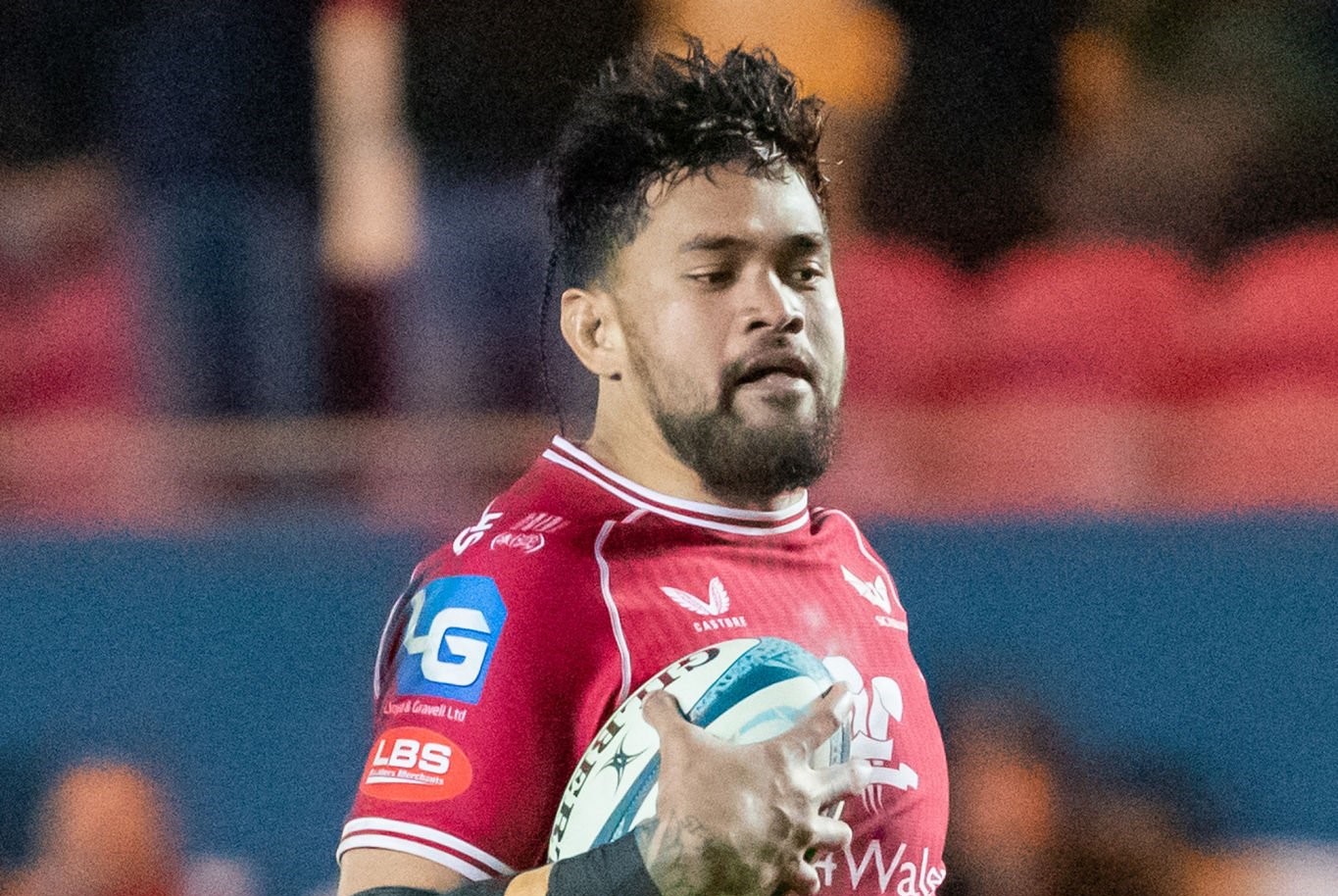
United Rugby Championship
Vaea Fifita’s commanding presence has Scarlets pushing for URC play-off spot
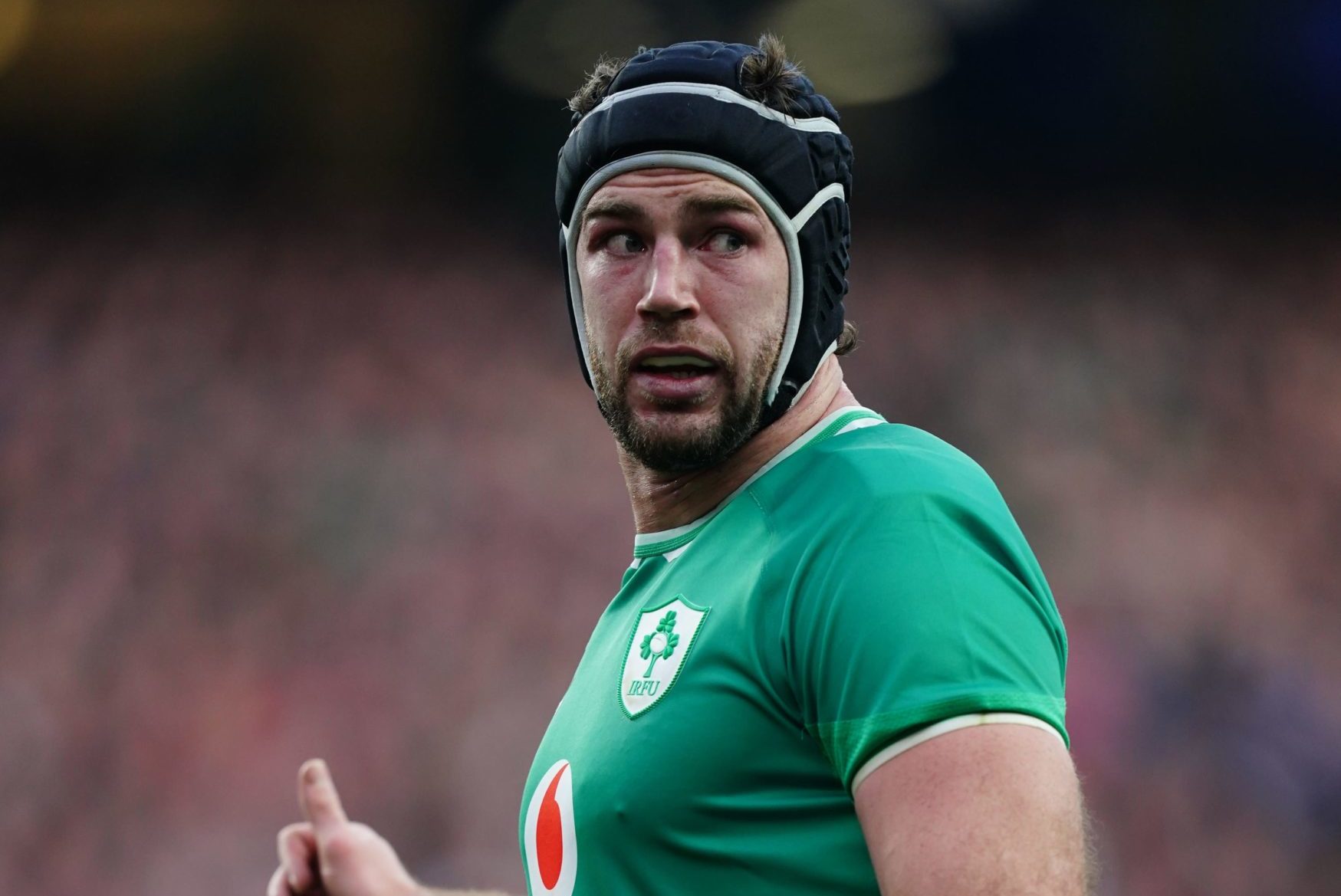
British and Irish Lions
British and Irish Lions Watch: Caelan Doris confirmed to miss the tour with injury

















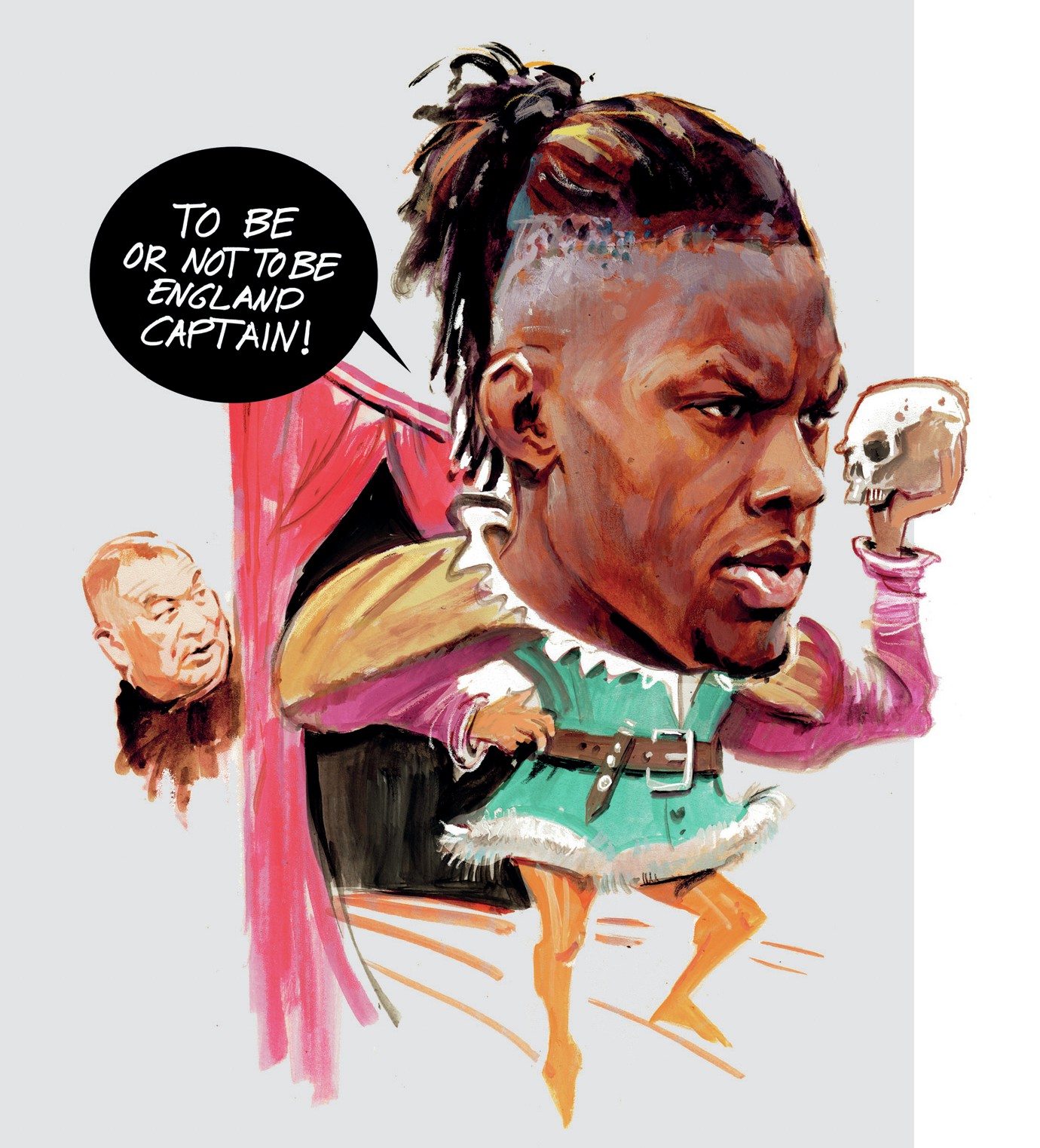
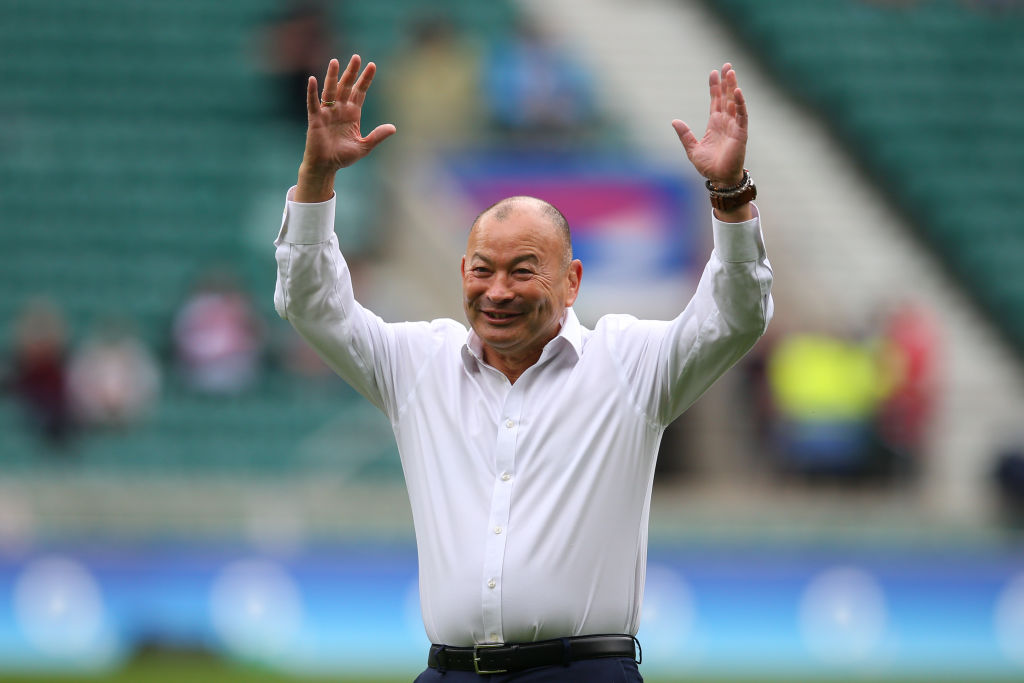
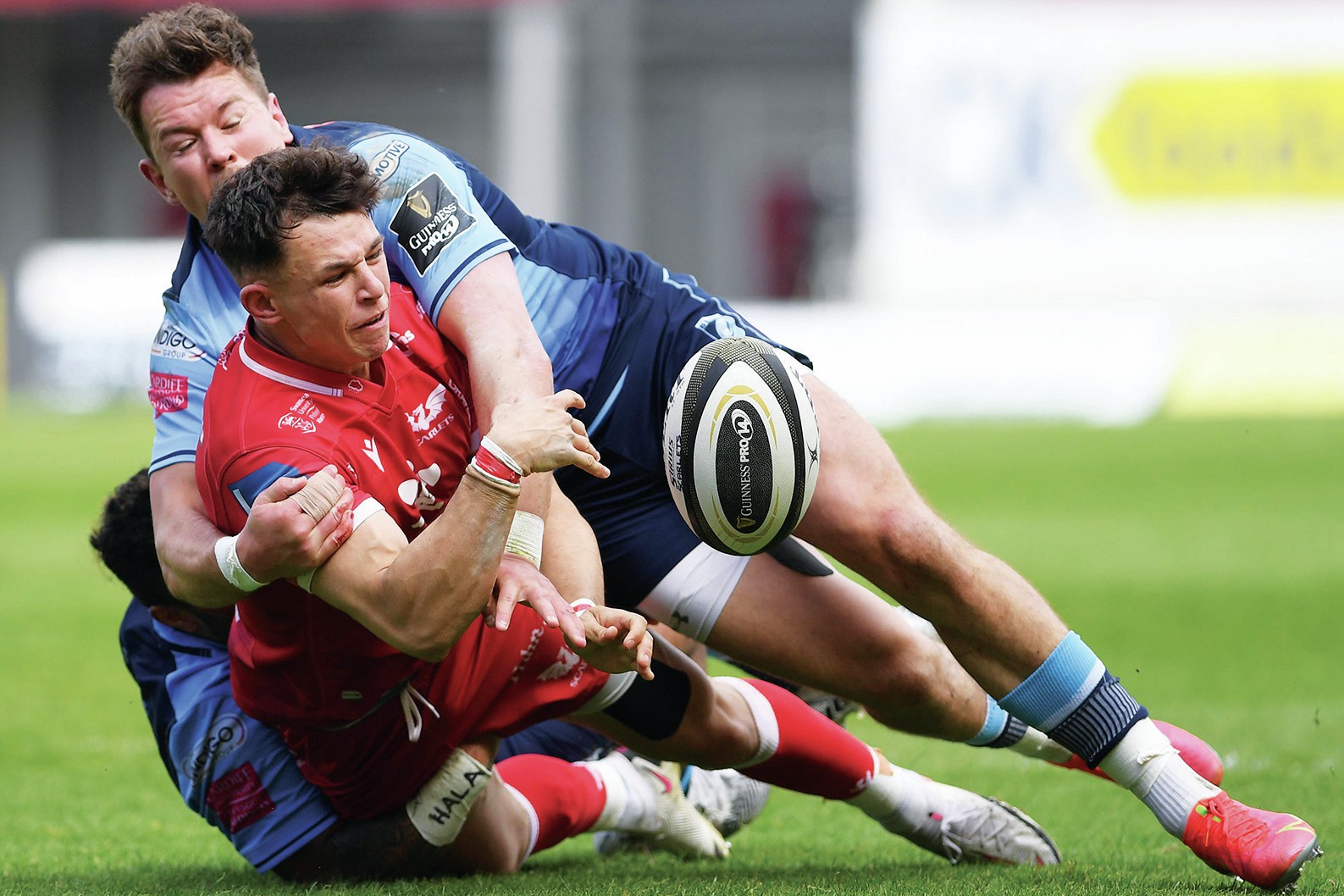
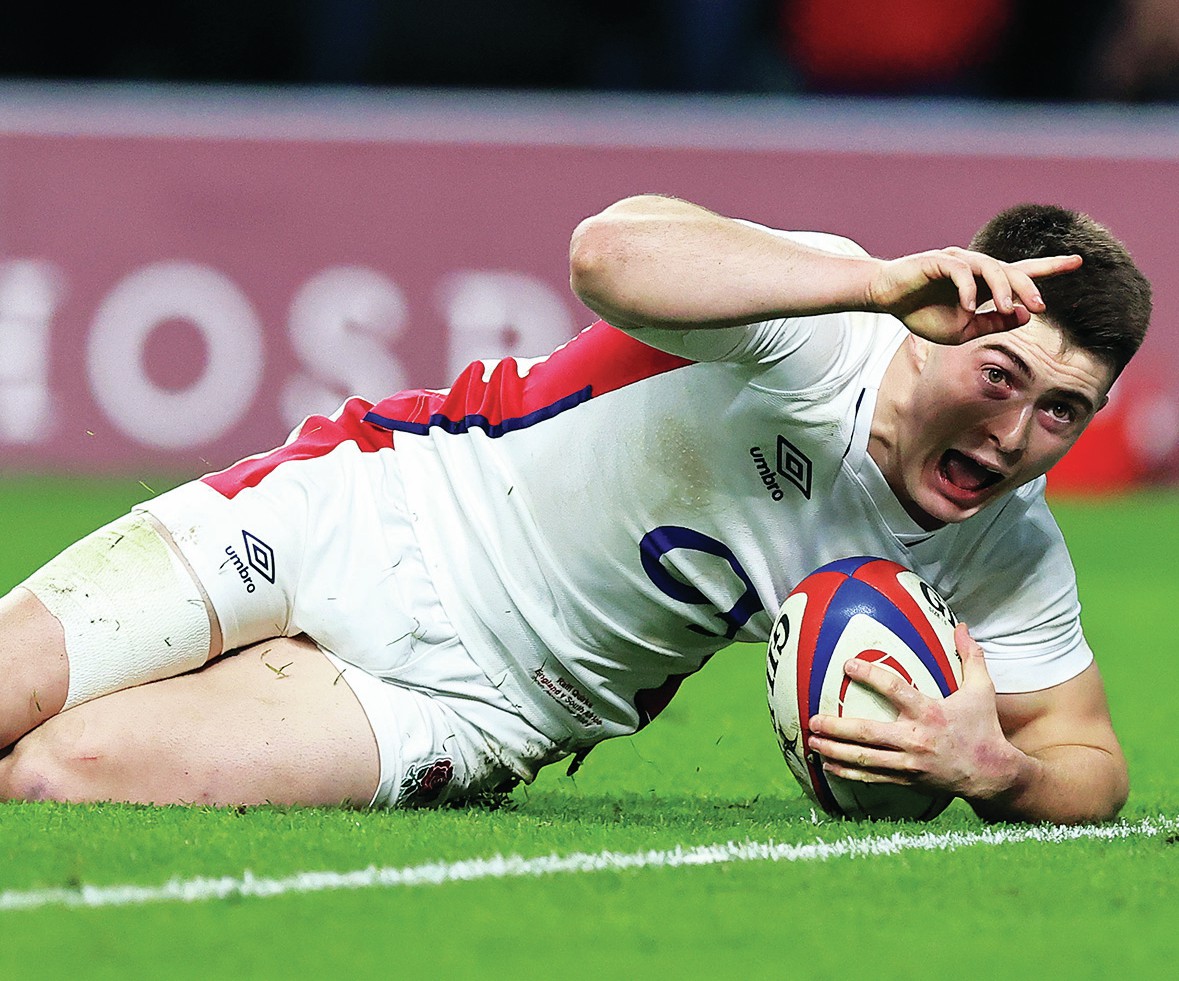
You must be logged in to post a comment Login